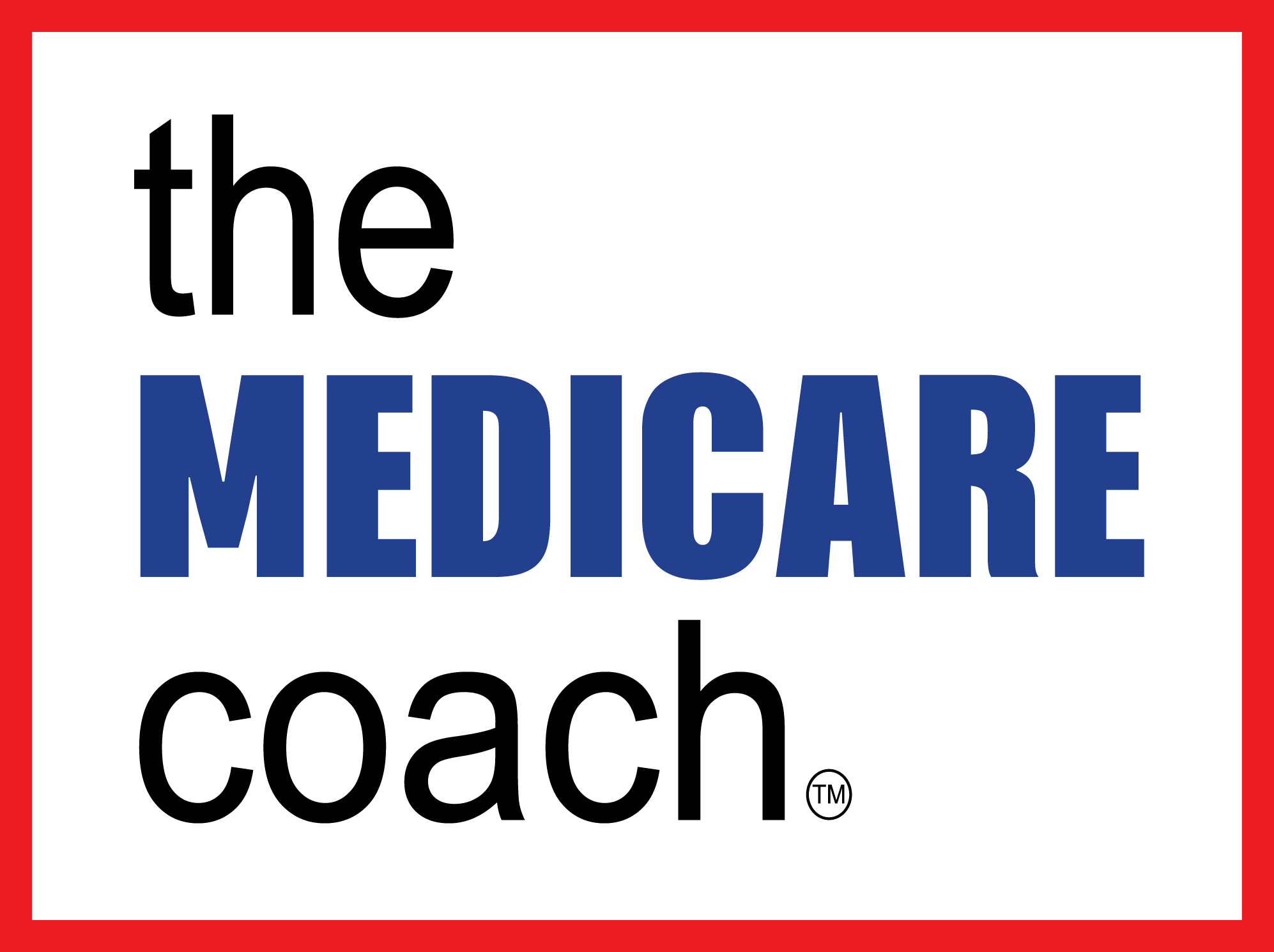Congress has been trying to make Medicare Advantage work sincethe program got its new name as a result of the Medicare Modernization and Improvement Act of 2003. The program was first called Medicare +Choice with the passage of the Balanced Budget Act of 1997 but changed to its new name in 2003.
What is Medicare Advantage?
It is a private health insurance plan endorsed by the Federalgovernment for Medicare eligible beneficiaries who are enrolled in Part A (Hospital) and Part B (Doctors). The plans have been heavily subsidized and endorsed by the Federal government but are managed by private insurance companies who pay Medicare beneficiary claims directly to the medical providers. Many Advantage plans also provide prescription coverage. Beneficiaries on Advantage plans cannot own a Supplemental insurance plan like those enrolled in Traditional Medicare.
Plans are required to offer a benefit “package” that is at least asgood as Traditional Medicare and cover everything Medicare covers but do not have to cover every benefit in the same way. Many Advantage plans have used the excess subsidies to offer hearing coverage, vision, gym memberships and other services not available to beneficiaries enrolled in Traditional Medicare.
These Medicare Advantage benefit extras like free gym membership may go away. Here’s why!
About 36 million beneficiaries (75%) who are enrolled in Traditional Medicare have been assessed an additional amount of about $40 per year on their Part B premium to help pay for these extra bonus benefits provided to the approximately 11.7 million (25%) beneficiaries on Advantage plans. Very few beneficiaries who are enrolled in Traditional Medicare are even aware that they’ve been helping pay for extra benefits not available to them. This could be called Medicare Dis-advantage.
In theory Advantage plans were suppose to manage health carespending better than Traditional Medicare. But, they have not saved the federal government any money. The cost per participant is about 14% more than Traditional Medicare.
The Affordable Care Act will cut about $200+ billion during the next ten years to level the playing field by gradually eliminating most of the excess in payments to private insurance companies who sponsor these plans The Congressional Budget Office projects that these changes along with a new rewards outcome based program will achieve an estimated $68 billion in savings through 2016.
Medicare Advantage payments to plan providers will now be tied to performance. According to the Congressional Budget Office, payment reforms for Medicare Advantage plans based on Stars scores are projected to save billions of dollars in federal health care spending.
Beginning in 2012 Medicare Advantage plans will receive bonuspayments based on their star ratings with five stars being the best. Benchmarks will be used to focus on improvement to a beneficiary’s health as a result of the care that is provided.
The primary objective is to help members stay healthy, managechronic conditions, and provide quality service. I believe changing the way Medicare Advantage will be funded by the Federal government is a step in the right direction because the existing program was not working effectively and cost more to operate than Traditional Medicare.
I’d say it’s a benefits vs. administrative costs victory for those 11.7million beneficiaries who are enrolled in Advantage plans because now 85% of the funding will be going to beneficiaries to keep them healthy and 15% will go to the insurance companies to pay to administer the programs. And, incentive bonuses will now go to those insurance providers who go the extra mile and achieve a 4 star + rating for their efficiency in the delivery of benefits.
Sounds like a win situation for all parties. Members may becomehealthier, and large insurance companies can improve their profit margins through competition and performance.
Coach

